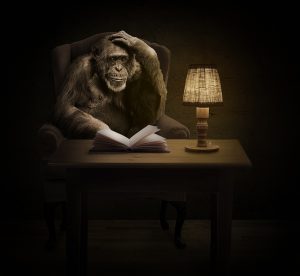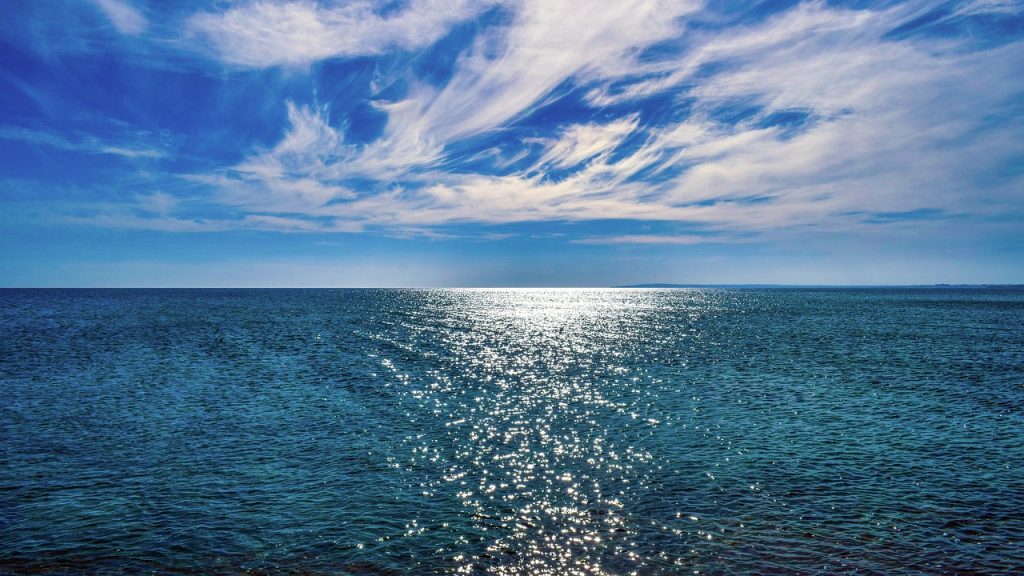I have a dream. One of those realistic, incredibly beautiful daydreams.
I have more resources than I need. More food, more clothes, more living space. More of everything I need, plus an awesome, wickedly expensive bike.
I don’t have to do anything, everything comes automatically. I don’t have to think about bills for a second, don’t have to worry about paying for the groceries, there’s always money in my account.
What would that kind of freedom mean for me?
What would I do with my time if I didn’t have to worry about money anymore? I sit down on a rock in a dream like “The Thinker by Auguste Rodin” and start to think.

Would I travel, learn languages, do more sport or read a lot? Would my diet change, would my habits change, would my circle of friends change, or even my thoughts?
Would I even end up being a different person? A worse person? A better person? A shallow person? A more educated person?
How much is general freedom influenced by financial freedom? Freedom of speech, sovereignty over my time, freedom of choice? Does this really have anything to do with financial independence? Will life as an “independent” be easier or more difficult with enough resources?
We don’t need to beat around the bush. There are few ways for most people to evade resource competition . So if you are not a Shaolin monk or a convinced frugalist, the simple rule applies:
With financial independence or passive income you are free in any case and only you decide about your time. Your quality of life.
decides how you organize your timeSo the most important element on your path to happiness is: become the patron of your personal time by making yourself independent. Truly Free.
The best way to make your dreams come true is to wake up! So let’s wake up from our dream and let’s talk about freedom.
Why is freedom so important for our quality of life?
Basically, we live fairly freely in the western world. Freedom of speech, freedom of sexual orientation, freedom of religion, politics and economy are firmly anchored in the Basic Law. Honestly, have you ever read the Basic Laws? You should read these fascinating texts at least once out of respect for the many sacrifices people have made in the creation of fundamental rights.

We humans recognized very early on that rules are needed as soon as we start living together in a large family, clan or community. Law and social sciences are among our oldest achievements on the way to civilisation.
Of Ur-Nammu, Sumerian king from 2112 to 2095 B.C. in Mesopotamia, we know the oldest legal collection that has been handed down in writing, which is now over 4100 years old. The legal texts of Hammurabi (ca. 1700 B.C. Babylonia) are a further development based on it.
It was already his goal that justice should prevail in the land and that the weak should not be oppressed by the strong.
282 chapters in Akkadian, carved on marble steles, describe rules such as family law, commercial law, right to property, rules on prices and wages. The stelae were erected at specific locations in the kingdom, and a restored version of the “Code of Law” can be admired in the Louvre in Paris.

Roman law as an intellectual achievement par excellence arose as a direct consequence and is still our legal basis today. The Basic Law in Germany, the Austrian Bundes-Vererfassungsgesetz, the Federal Constitution of the Swiss Confederation are all recognizable descendants of the legal texts of Hammurabi.
Interestingly, the law and social sciences have changed far less revolutionary than all other sciences in the last 3000 years. A computer or brain surgery was just as unimaginable 3000 years ago as traveling faster than light by deliberately warping space-time. But right to property was already defined.
Freedom has always been a topic that has occupied people when they have created their rules for civilized coexistence.
We also know the urge for freedom from the animal world. Animals have a complex social network that is destroyed when they lose their freedom. Many animals die in captivity, becoming aggressive or apathetic. When it comes to freedom, we humans still have a lot of “animals” within us. If our life is too determined by others, we become unhappy, sad or ill. On the other hand, being able to decide for ourselves what happens to us and how we spend our time gives us strength and energy and makes us happy.

Whoever frowns in disbelief should deal with the psychological damage to prisoners. According to countless studies and research projects, the isolation, the breakdown in social relationships, bleak future prospects and the monotony cause much greater damage than previously assumed. Lack of freedom makes you sick in the long run. Therefore we should always strive to achieve as much freedom as possible.
Striving for freedom is also striving for meaning.
Viktor Frankl once wrote: “Meaning must be found, cannot be created.” Finding meaning, however, is a time-consuming affair and works best in freedom.
Unfreeness can manifest itself in many ways. Let’s think about it in a value-neutral way, without judging or stigmatizing anyone:
- Smoking often means being dependent, not being free.
- Drinking too much alcohol often means being dependent, not being free.
- Too much sugar often means being dependent, not being free.
- Moving too little, sleeping too little often means being restricted.
Who harms or poisons themselves voluntarily? Not free is someone who has no time and/or resources for pleasant activities that give joie de vivre. Good food, great leisure activities, fulfilling experiences. He who has no time for his most important relationships is also not free.
When I ask people why they do things that harm them, the answers are always the same:
“I have to, the money, the bills, the children, work, food, house, apartment, car, vacation, job, ……..”
When I ask people why they don’t change the situation, the answer is always the same:
“How should that work?”
Bronnie Ware, Australia, has worked as a palliative care nurse for the dying. It’s about people who see their death coming and in their final weeks, days and hours always express the same regrets and self-reproaches.

They are blaming themselves for not living the life they wanted. It’s regret over the choices you made or didn’t make. It is sadness and often bitterness, because this realization only came when it was already too late.
“When they die, a lot of fear and anger comes out of people,” writes Bronnie Ware, “and this – I wish – I had – comes out of people again and again in their final hours , in her last minutes.”
Don’t let it get that far!There is no shame in being unfree and not having reached your goal yet. It’s a shame not to strive for freedom and walk towards your dreams. It is ONLY YOU to change this state.
Dear Grsweets from sunny Italy
Bergwolf

